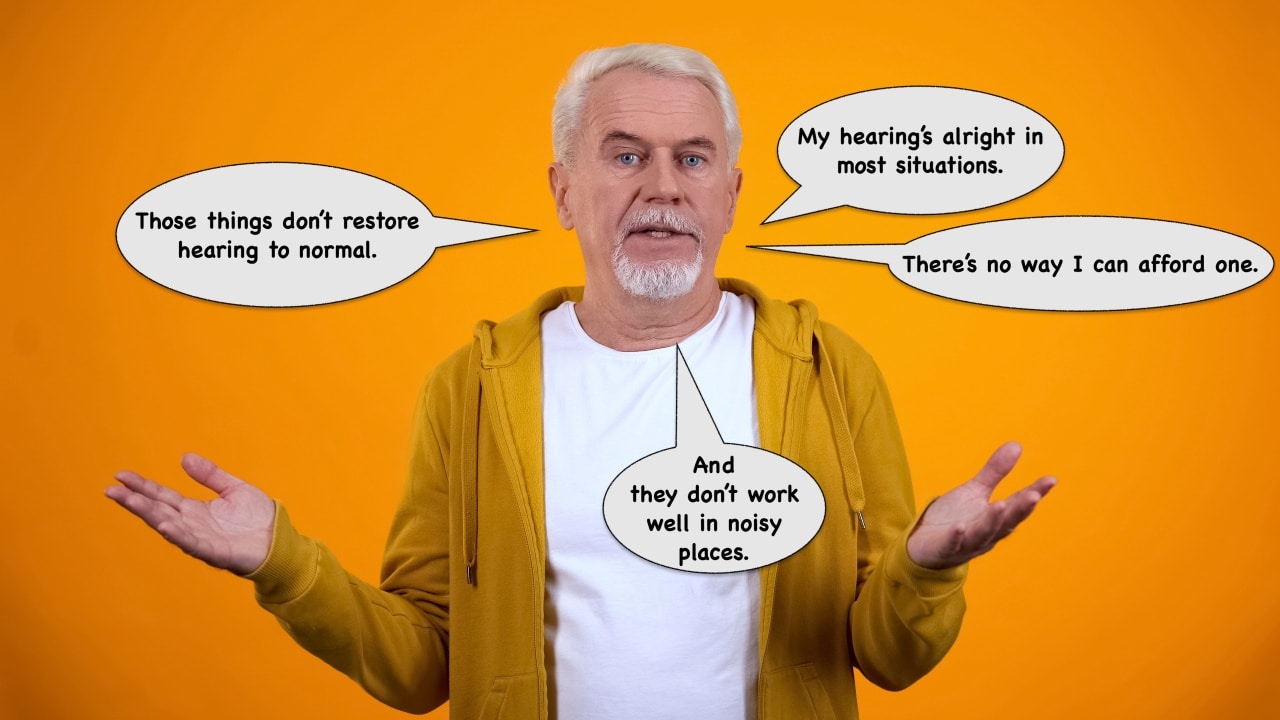CI surgery breakthrough as robot-assisted insertions are completed in Iowa
surgery
The world's first two robotics-assisted cochlear implant (CI) insertions have been achieved by US firm iotaMotion through its iotaSOFT system, an investigational surgical tool currently in clinical evaluation.

This trial surgery aims to allow CI surgeons more freedom to maintain a standard cochlear implant surgical approach and workflow while the robotic system handles the precision skills of the electrode array insertion phase of a CI procedure, although surgeons will still control the precise capabilities of the robotic-assisted insertion. The technology is currently at the stage of demonstrating its safety and performance aspects for iotaMotion's de novo premarket submission to the US Food and Drug Administration (FDA)
These two first cochlear implant procedures with the Abbreviated Investigational Device Exemption (IDE) were performed by Dr. Bruce Gantz, Professor of Otolaryngology-Head and Neck Surgery with University of Iowa Health Care. "The precision, control and consistency of robotics-assistance during insertion of an electrode array into the cochlea is highly desirable. The iotaSOFT system performed as I expected it would. I was able to incorporate the system appropriately with the standard steps of cochlear implant surgery" affirmed Dr. Gantz.
Christopher Kaufmann, President and CTO of iotaMotion, called the operations "a critical step forward in merging precision robotic tools into the cochlear implant surgical workflow".
This early-stage start-up based in Iowa City, USA, has been building its finances, this September receiving a $1.65m grant from the National Institutes of Health (NIH). Beginning its journey out of the University of Iowa in 2015, the company has raised at least $2m in seed funding, plus further amounts from grants and awards. The company's solutions aim to standardise cochlear implant insertion, and to provide unprecedented control in the surgical and post-surgical care settings with the goal of expanding access to cochlear interventions for both surgeons and patients.
Source: PR Newswire
 Sign in
Sign in

